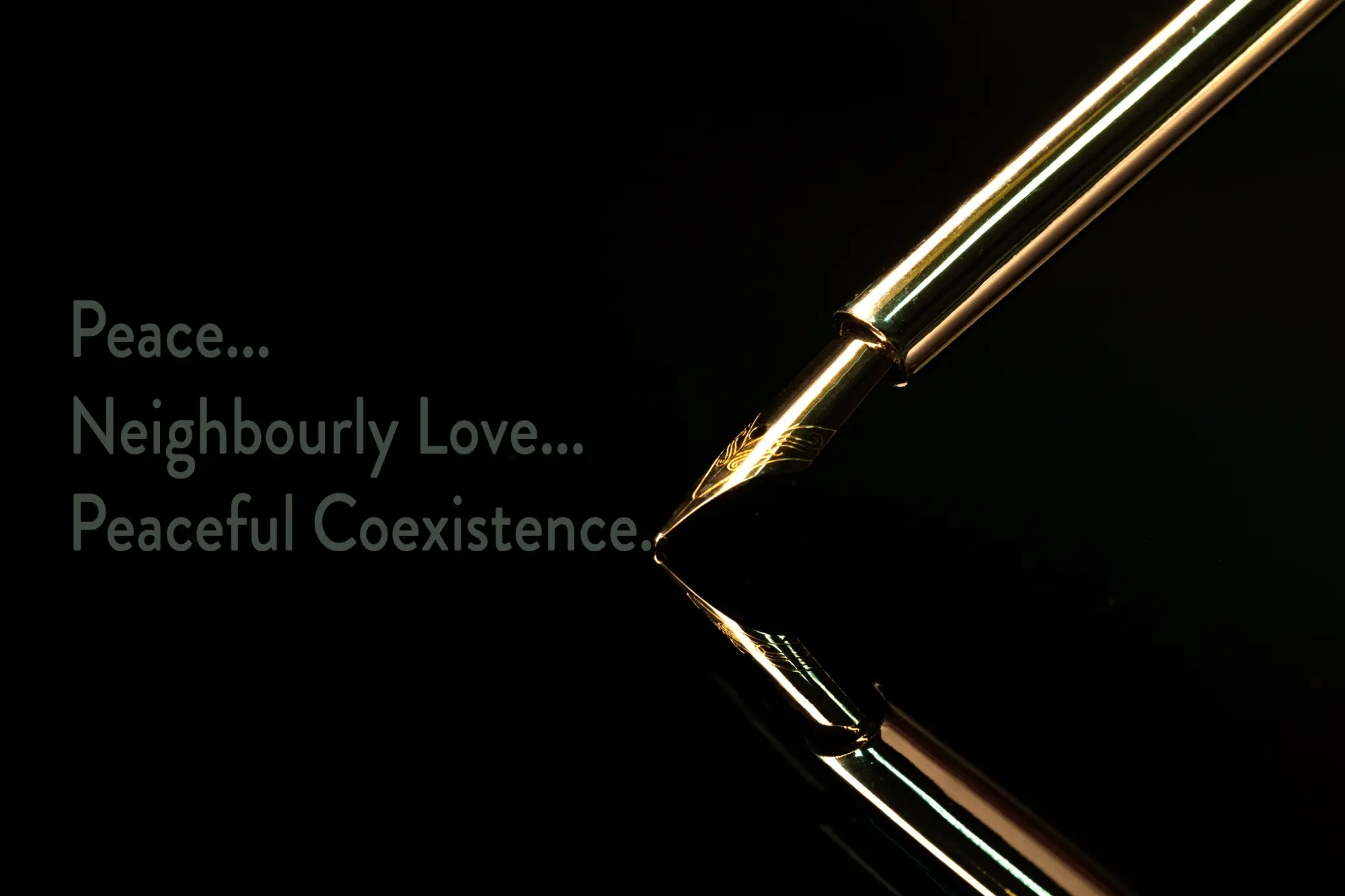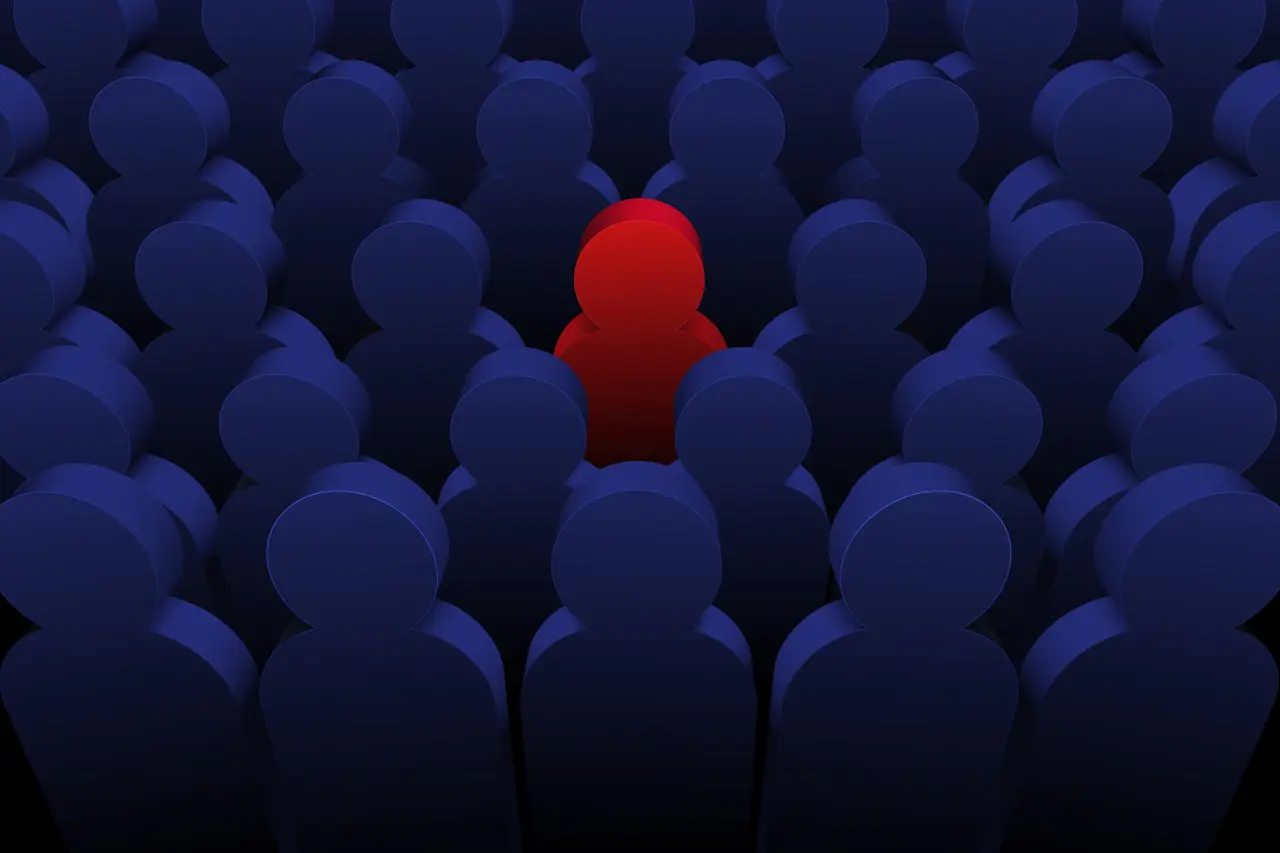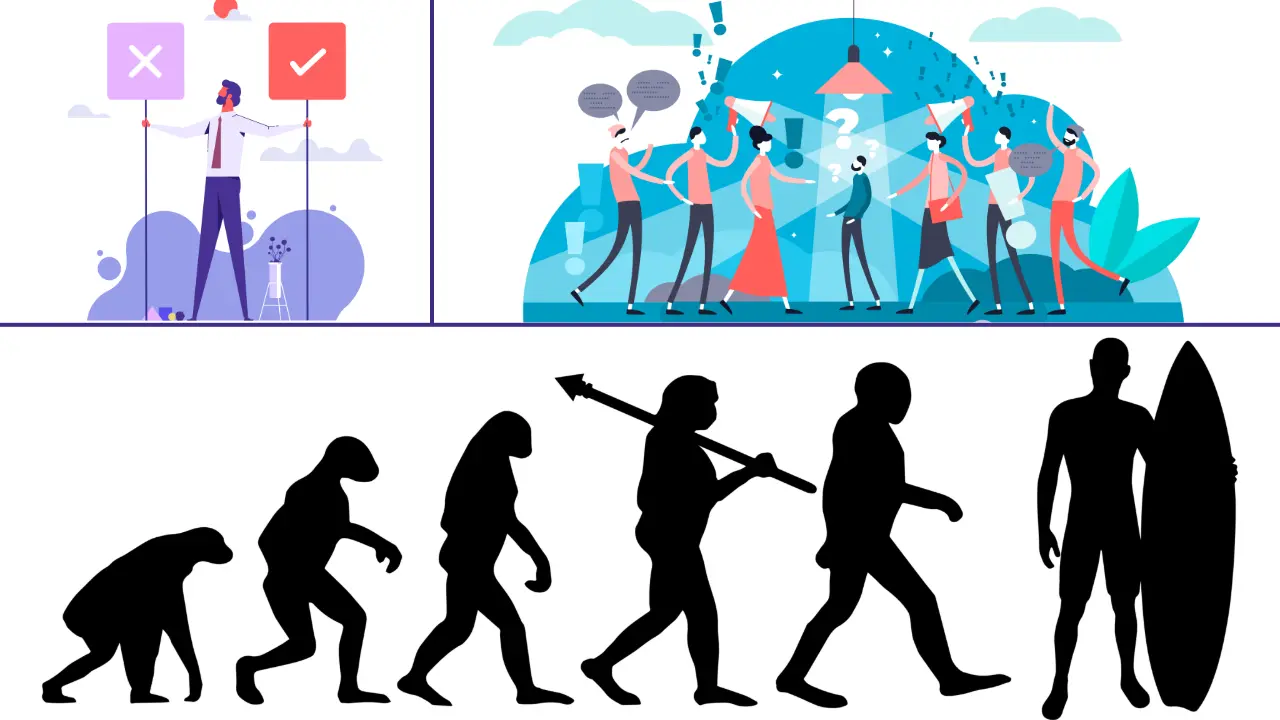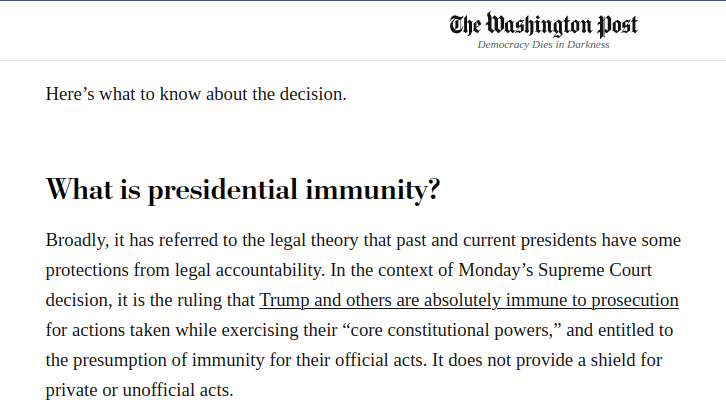
The present government in the USA does impress observers with a fundamental lack of: Prudence, or sense of community, or indeed the actual knowledge of right and wrong in an ethical sense!
Just looking at their own statements and recent actions.
They actually dare to meddle in internal, German affairs on an international level!
Would be ridiculous too, if not sad, really.
Revealing: Sign of decadence and the actual interest in extreme right-wing (far-right) contacts….
The AfD, the political party concerned, has been proven to be extreme-right-wing, as well es populist, umpteen times, over and over again. They are not only a danger to democracy but additionally they frequently make inhuman statements into the bargain!
When and if a jurisdictional body states openly, and starts discussing publicly, to forbid a political party in Germany, that is no trivial matter!
That, my ‘friends’, is serious!
I’d like to put it this way in the direction of the US government and its representatives:
Be very aware of your behaviour and statements, internal as well as international US affairs — you might be taken on your word and made responsible for it — in courts of law.
Soon — or in the future.
Note: On the latest news concerning Germany’s ‘Verfassungsschutz’ (internal intelligence agency) declaring the AfD to be a far-right political party.








